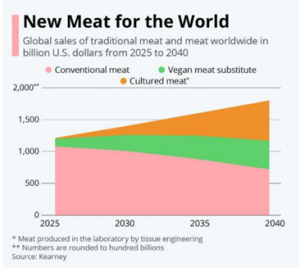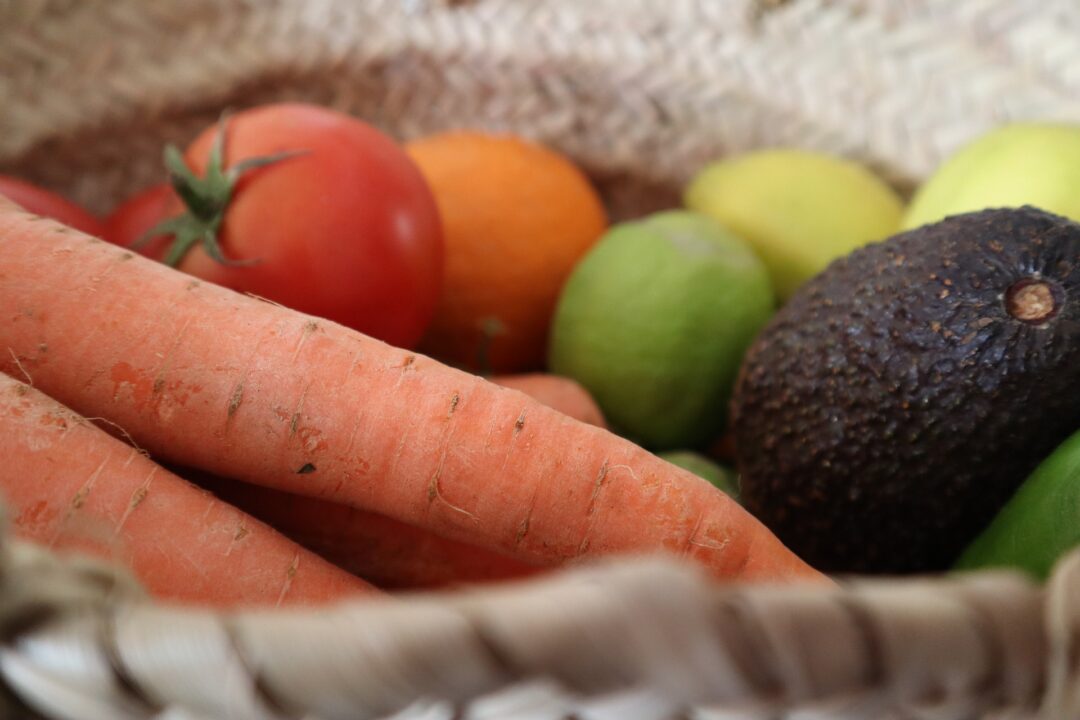By Rahul Bhushan, co-founder of Rize ETF
Food is hugely important, shaping our health and contributing enormously to the economies in which we live.
However, the current systems used to produce our food can be way more harmful to the environment than the transport used to get them to our table. In fact, changing what we eat is the single biggest lever we can pull when it comes to reducing our personal greenhouse gas emissions.
Our production of food currently accounts for more than a quarter of all global human-made greenhouse gas emissions and half of all of the world’s habitable land is now used for agriculture. Something clearly needs to change–especially with rapid population growth and urbanisation threatening to make the situation even worse.
Part of that solution lies in creating sustainable food systems.
Like all food systems, sustainable food systems aim to deliver food security and nutrition worldwide in a profitable way. However, they are unique in that they work to do so in a way that does not compromise food security and nutrition for future generations.
Can profit and principles co-exist?
Building sustainable food systems like this has long been a key focus for the UN as part of its long-standing Zero Hunger Challenge. But now, with consumer consciousness hitting an all-time high (some 81% of respondents to a 2020 Statista poll said they intended to buy more sustainable food), the revolution is finally free to blossom.
This is obviously encouraging from a humanitarian point of view, but it’s also extremely exciting from a financial perspective too. After all, quality, innovative companies developing technology and products that enable sustainable food systems to flourish stand to become hugely profitable while helping to save our planet.
It’s no wonder financing for agribusinesses reached an all-time high of $26.2 billion in 2020 and is expected to hit another record high in 2021. So, with this in mind, we’ve highlighted three areas where the sustainable food revolution is poised to offer particularly significant long-term returns…
- Plant-based foods
Meat production is by far the worst offender when it comes to the unsustainability of today’s food systems, accounting for an astonishing 14.5% of all human-made greenhouse gas emissions.
Things are particularly bad in the agricultural stage, with processes like land-use change and farming for cattle (along with the biomass changes, deforestation, methane production, and pesticide use these entail) releasing far more carbon dioxide equivalents than processing, transport, retail, and packaging.
It all goes to show that, rather than buying locally, the real solution to sustainable eating is to swap out meat altogether for alternatives with a much lower overall carbon footprint. And for this, plant-based foods are perfect, emitting far less per kilogram of product produced than any of the meats that rule the top of the list below.
Encouragingly, consumer attitudes seem to be aligning with this reality. For example, Kearney below shows that global conventional meat sales are on track to drop steadily over the next two decades while sales of cultured meat and vegan meat substitutes soar.

Naturally, a growing number of plant-based food companies are now listing to leverage this growing awareness for their own ambitious growth plans– with two notable examples being Beyond Meat and Oatly. Given the scale of the forecasts, the growth prospects of these sorts of businesses stands be huge.





